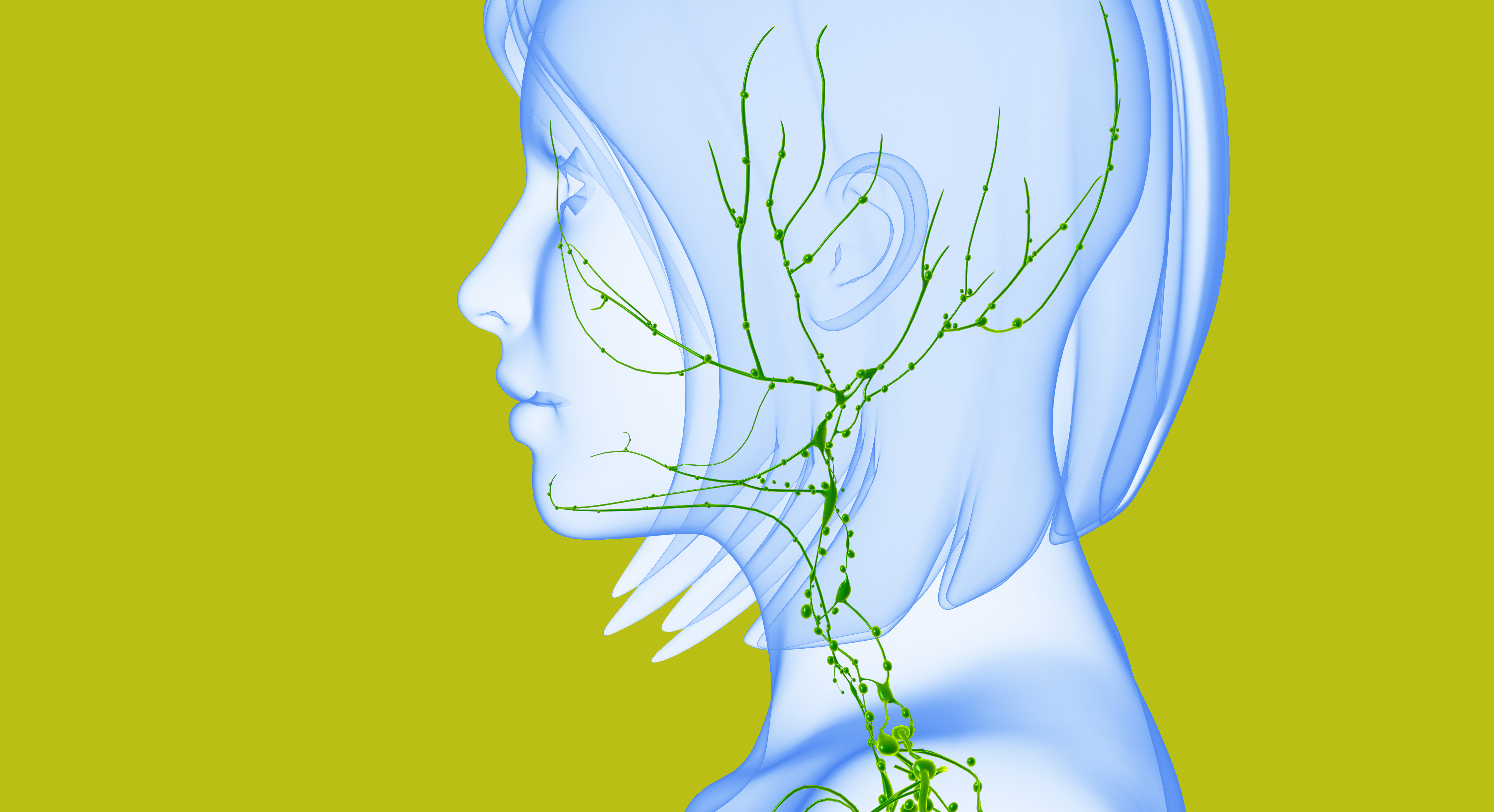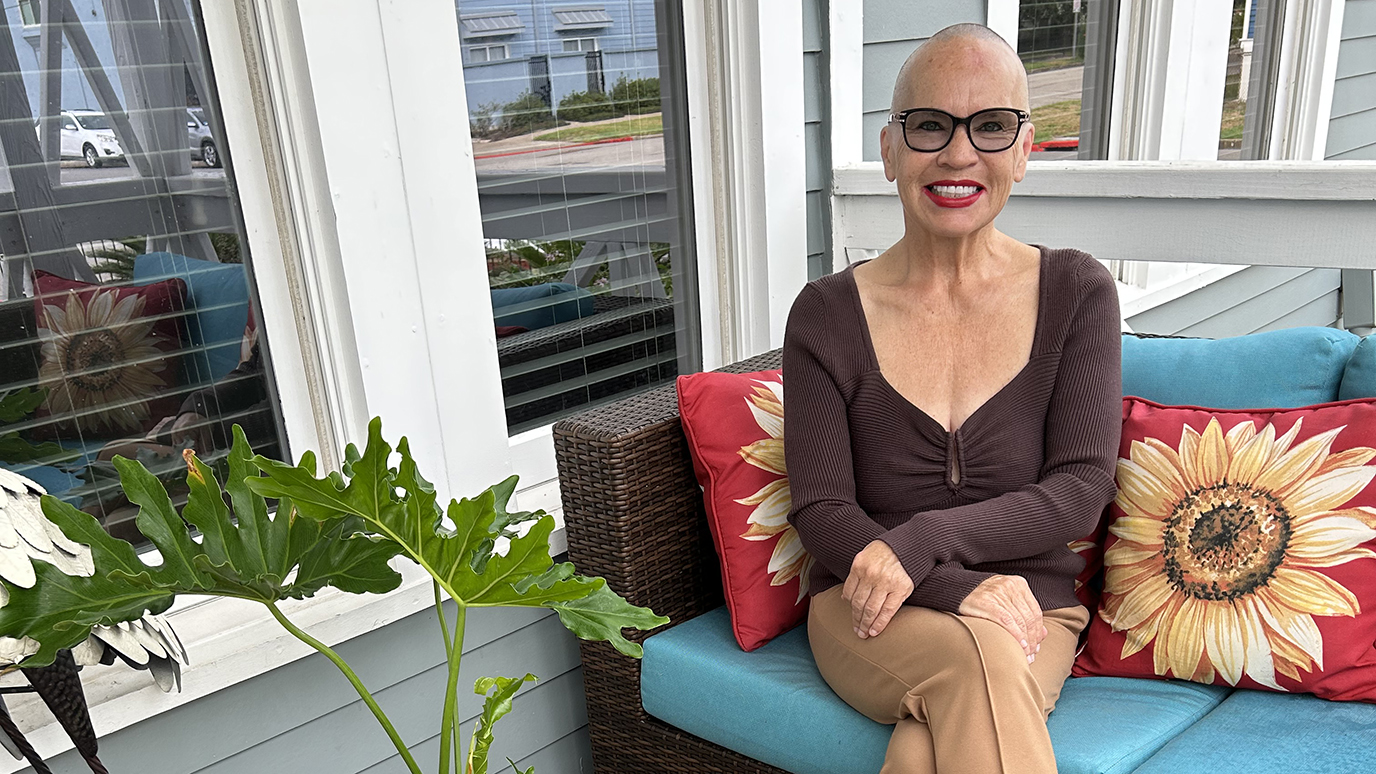- Diseases
- Acoustic Neuroma (16)
- Adrenal Gland Tumor (24)
- Anal Cancer (70)
- Anemia (2)
- Appendix Cancer (18)
- Bile Duct Cancer (26)
- Bladder Cancer (74)
- Brain Metastases (28)
- Brain Tumor (234)
- Breast Cancer (728)
- Breast Implant-Associated Anaplastic Large Cell Lymphoma (2)
- Cancer of Unknown Primary (4)
- Carcinoid Tumor (8)
- Cervical Cancer (164)
- Colon Cancer (168)
- Colorectal Cancer (118)
- Endocrine Tumor (4)
- Esophageal Cancer (44)
- Eye Cancer (36)
- Fallopian Tube Cancer (8)
- Germ Cell Tumor (4)
- Gestational Trophoblastic Disease (2)
- Head and Neck Cancer (14)
- Kidney Cancer (130)
- Leukemia (342)
- Liver Cancer (50)
- Lung Cancer (286)
- Lymphoma (278)
- Mesothelioma (14)
- Metastasis (30)
- Multiple Myeloma (100)
- Myelodysplastic Syndrome (60)
- Myeloproliferative Neoplasm (6)
- Neuroendocrine Tumors (16)
- Oral Cancer (102)
- Ovarian Cancer (178)
- Pancreatic Cancer (162)
- Parathyroid Disease (2)
- Penile Cancer (14)
- Pituitary Tumor (6)
- Prostate Cancer (150)
- Rectal Cancer (58)
- Renal Medullary Carcinoma (6)
- Salivary Gland Cancer (14)
- Sarcoma (238)
- Skin Cancer (302)
- Skull Base Tumors (56)
- Spinal Tumor (12)
- Stomach Cancer (66)
- Testicular Cancer (28)
- Throat Cancer (92)
- Thymoma (6)
- Thyroid Cancer (100)
- Tonsil Cancer (30)
- Uterine Cancer (86)
- Vaginal Cancer (18)
- Vulvar Cancer (22)
- Cancer Topic
- Adolescent and Young Adult Cancer Issues (22)
- Advance Care Planning (12)
- Biostatistics (2)
- Blood Donation (18)
- Bone Health (8)
- COVID-19 (360)
- Cancer Recurrence (120)
- Childhood Cancer Issues (120)
- Clinical Trials (628)
- Complementary Integrative Medicine (22)
- Cytogenetics (2)
- DNA Methylation (4)
- Diagnosis (240)
- Epigenetics (6)
- Fertility (62)
- Follow-up Guidelines (2)
- Health Disparities (14)
- Hereditary Cancer Syndromes (128)
- Immunology (18)
- Li-Fraumeni Syndrome (8)
- Mental Health (122)
- Molecular Diagnostics (8)
- Pain Management (62)
- Palliative Care (8)
- Pathology (10)
- Physical Therapy (18)
- Pregnancy (18)
- Prevention (940)
- Research (390)
- Second Opinion (78)
- Sexuality (16)
- Side Effects (616)
- Sleep Disorders (10)
- Stem Cell Transplantation Cellular Therapy (216)
- Support (408)
- Survivorship (330)
- Symptoms (182)
- Treatment (1794)
Can mushrooms help during cancer treatment?
4 minute read | Published April 14, 2021
Medically Reviewed | Last reviewed by an MD Anderson Cancer Center medical professional on April 14, 2021
In some parts of the world, mushroom extracts are often used by patients for their medicinal benefits. They’re packed with vitamin D, which is essential for the immune system.
And their benefits may not stop there. In Japan and China, certain mushrooms are routinely used to complement cancer treatments.
“These mushrooms have been around for hundreds of years,” says Santhosshi Narayanan, M.D., a physician in MD Anderson’s Integrative Medicine Center. “They're often used in Asian countries, not only in cancer care, but also to treat infections and other diseases.”
There have been more than 2,000 studies focused on mushrooms and cancer in the last 10 years, and Narayanan is conducting a review of the findings.
Here’s what she wants cancer patients to know about medicinal mushrooms.
Medicinal mushrooms are not ordinary mushrooms.
There are hundreds of different kinds of mushrooms. Those most frequently studied in cancer research are not usually sold in grocery stores.
The most common medicinal mushrooms are:
- mitake
- reishi
- turkey tail
- shiitake
Shiitake mushrooms are the only one of these that can easily be bought whole in grocery stores. The rest are often found in powdered forms in health food stores. Sometimes the active ingredient is removed and sold as a supplement.
Mushrooms can strengthen the immune system
Some studies show mushrooms boost parts of the immune system that are linked to cancer.
“Certain mushrooms stimulate the compounds that are responsible for tumors suppression,” says Narayanan. “And there are also mushrooms that decrease inflammatory compounds, which is helpful for cancer patients.”
Most studies show a positive effect on the immune system, but more research is needed.
“In one study, the immune response was mixed,” says Narayanan. “At one dose, the immune response was enhanced, and at another dose immune response was suppressed, so we need to clarify these results.”
Mushrooms may extend survival after a cancer diagnosis
Some studies have shown that cancer patients who take mushrooms may live longer. In some cases, this was linked to a positive immune response, but there may be other factors.
“One study showed that when people took mushrooms, they were able to tolerate more rounds chemotherapy treatment, probably because they have fewer side effects, and thereby it might have indirectly improved their survival,” says Narayanan.
Mushrooms may improve quality of life
Mushrooms have been linked to improvements in several common quality of life indicators for cancer patients. These include improved appetite, improved physical and mental competency, and reduced fatigue.
“There is a trend toward improved quality of life shown in the research, but we can’t pinpoint the exact reason,” says Narayanan. “For example, we don’t know the exact mechanism why cancer patients get fatigued, so we can’t pinpoint how the mushrooms help. But it may be that the lowering of inflammation is what is reducing levels of fatigue.”
Mushrooms can have side effects
In some cases, mushrooms did cause adverse reactions.
“Mushrooms can cause liver or kidney toxicity,” says Narayanan. “From what we know, these side effects tend to be mild or moderate. They are not normally severe, but they do exist.”
Many of the studies are retrospective, which means data is gathered afterward from patients’ medical records. This means that some side effects may not have been recorded.
Research may not translate to patients in the United States
Almost all studies about mushrooms have been done in Asia, so Narayanan notes that we can’t know for sure if patients in the United States will respond in the same way.
“People in the United States may respond differently than people in China and Japan because our metabolism may be different; our metabolic enzymes may be different,” says Narayanan. “We need more studies, and we have to do more in the U.S., too.”
Studies also are limited by the different types of cancer that have been included. Most are for prostate, breast and colorectal cancers.
“I see patients with rare cancers. If they ask me if the mushroom is going to help, I have to say, we don’t know,” Narayanan says.
Talk to your doctor before using mushrooms during cancer treatment
If you would like to know more about using mushrooms during cancer treatment, it’s essential that you talk to your doctor.
“Mushrooms contain potent biological compounds and will behave like drugs, so treat them like a medication,” says Narayanan. “Have an open conversation with your care team about the pros and cons, as well as the limitations of the research we have.”
If you can, consult experts who specialize in integrative medicine approaches for cancer patients. At MD Anderson, patients can request a referral to our Integrative Medicine Center.
“The message for patients is not to feel alone in this, and not to make a hasty decision,” says Narayanan. “It’s easy to feel like oncologists will just say, ‘No, this won’t work,’ but many are interested and ready to research mushrooms further.”
Request an appointment at MD Anderson online or by calling 1-877-632-6789.
Related Cancerwise Stories

People in the United States may respond differently than people in China and Japan because our metabolism may be different.
Santhosshi Narayanan, M.D.
Physician





